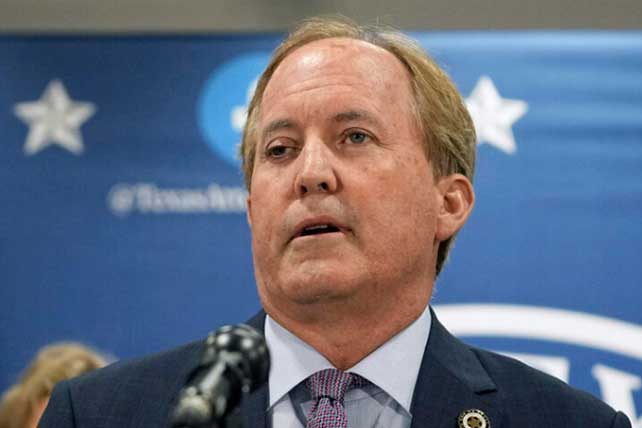Catholics, like Americans more broadly, have split views on immigration. In a December 2023 poll by the Center for Applied Research in the Apostolate at Georgetown University, 43% of Catholics said immigration should be decreased, while 23% said it should be increased and 34% said it should be kept at its present level.
Nineteen percent of Catholics said that their Catholic faith “very much” informed their opinions about immigrants and refugees, and 35% answered that it informed their opinions “somewhat.”
Responding to Paxton’s request to the court, Catholic Charities of the Rio Grande Valley’s lawyers said, “The Attorney General’s investigation of CCRGV is based solely on CCRGV’S religiously motivated provision of charitable services to asylum seekers, which do not violate any law.” The nonprofit emphasized that it cooperates closely with U.S. Customs and Border Protection and that all migrants it serves have been processed by the federal government.
In a back-and-forth after Paxton’s initial request, Catholic Charities of the Rio Grande Valley provided sworn testimony in addition to documents to the office, but the attorney general’s office continued to press for a deposition, calling some of Catholic Charities of the Rio Grande Valley’s answers “non-responsive and evasive.”
Saying that Paxton’s office failed to provide any evidence or “even concrete factual allegations” that would show that the benefit of the deposition would outweigh its burden even after the Catholic nonprofit’s “extensive cooperation with his overreaching inquiry,” Catholic Charities of the Rio Grande Valley’s lawyers said that Paxton’s request represented “a fishing expedition into a pond where no one has ever seen a fish.”
The attorney general’s filing says that its office is investigating the possibility that Catholic Charities of the Rio Grande Valley is assisting migrants who have not been processed by U.S. Border Patrol, a legal violation that the office said would have “a cause of action to strip CCRGV’s right to operate in the State of Texas.”
In February, about a month before Paxton’s office requested the deposition from Catholic Charities of the Rio Grande Valley, the office sued to attempt to revoke the nonprofit registration of another Catholic migrant shelter organization, Annunciation House in El Paso, Texas.
Annunciation House had sued the state and sought a restraining order after Paxton’s office’s demanded that it quickly turn over documents about its operations, which would have included identifying information about the migrants it serves. Paxton’s office framed the attempt to shut down the network of migrant shelters as a “consequence” of that legal action.
El Paso District Court Judge Francisco Dominguez ruled that Paxton had violated the U.S. Constitution’s Fourth Amendment, which protects against unreasonable searches and seizures, as well as the Texas Religious Freedom Restoration Act. Dominguez said the Paxton office’s request for documents was “a pretext to justify its harassment of Annunciation House employees and the persons seeking refuge.”
Dylan Corbett, executive director of Hope Border Institute, a Catholic organization that supports migrants across the El Paso, Texas, and Ciudad Juárez, Mexico, border, called Paxton’s legal strategy a “troubling attack on religious liberty” and part of a broader “escalation in the campaign of state leadership — not only to criminalize those who migrate but now to go after those who living out our faith seek to offer a compassionate response to those who migrate.”
Now that judges have ruled Paxton “out of bounds” in both El Paso and Hidalgo County, Corbett urged the state to “desist in its attack on what is actually working at the border and pivot to real, humane solutions that work for our state, our border communities and those who migrate.”

